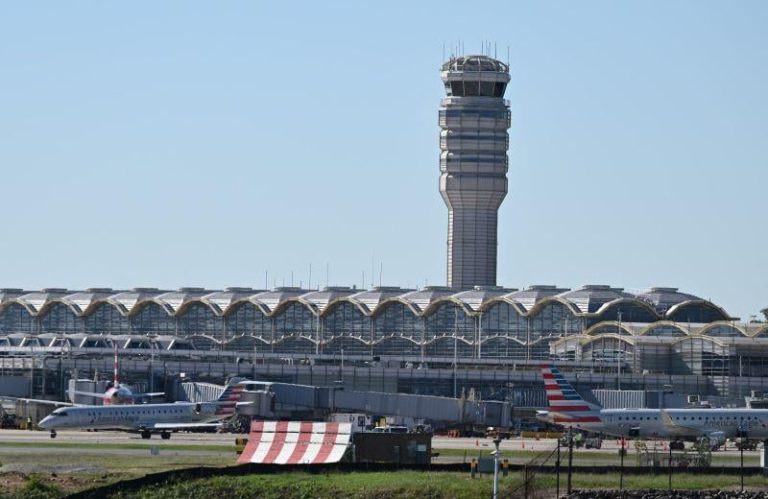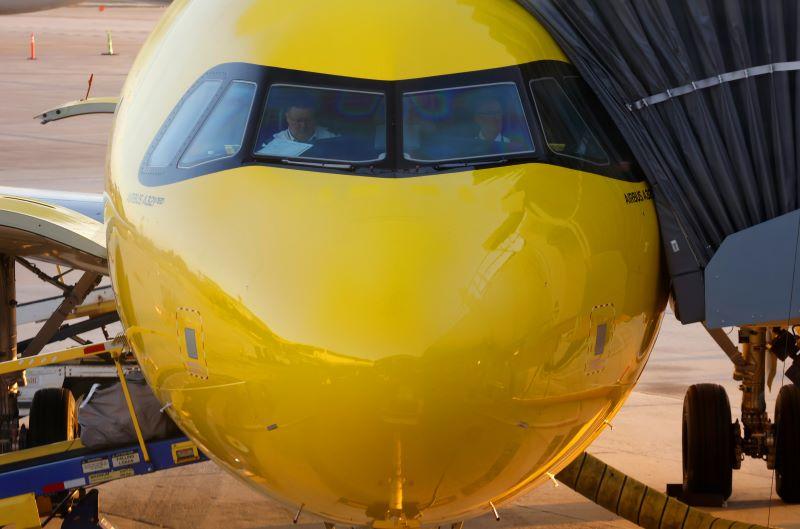A telecommunications outage caused a significant disruption to Dallas-areas flights as impacts surfaced just before, and lingered through, the busy weekend period.
The outage was confirmed by the Federal Aviation Administration (FAA) on the afternoon of Sept. 19, as it slowed flights at Dallas Love Field and Dallas-Fort Worth International Airport. Roughly 24 hours later the agency announced operations had “returned to normal levels,” stating that it was working closely with airlines on recovery plans.
The outage stemmed from service provided by a local company, FAA said.
“Yesterday’s disruption was caused by multiple failures of the TDMI data telecommunications service provided by Frontier – a local telecommunications company,” detailed FAA in a Sept. 20 update. “This then led to an outage impacting the FAA’s Dallas TRACON facility. Oversight by L3Harris, an FAA contractor, failed to ensure that redundancies in the system functioned properly.”
According to American Airlines, the issue first surfaced in the early afternoon on Sept. 19. By the end of the day more than 25% of outbound flights had been cancelled at Dallas Fort Worth (DFW), and more than 30% delayed, data from FlightAware shows. For American, DFW’s largest carrier, the impacts have been far-reaching.
Between 3 p.m. and 6 p.m. CT on Sept. 19 the carrier was able to depart a total of nine aircraft from DFW compared to normal levels of around 100 per hour, it shared, cancelling more than 530 flights and diverting around 65 bound for DFW. More than 100,000 of American’s customers have been affected by cancellations, delays, diversions and missed connections, the carrier estimates. American is now working to determine the financial impact of the event.
“The FAA has shared with us that the issue originally stemmed from two cut fiber optic cables,” COO David Seymour detailed in a Sept. 20 message to employees, cables he said impacted the area’s FAA radars, radio frequencies and computer systems.
“For American and other operators at DFW, that meant the FAA was unable to release flights in an automated fashion, significantly limiting our ability to depart flights from DFW,” wrote Seymour. “The FAA developed alternative methods to release flights from the gate, but they were extremely slow. Based on the volume and the outsized role American plays at DFW, those methods simply couldn’t keep up.”
A Frontier Communications spokesperson said the fiber lines were accidentally cut by “another carrier’s third-party contractor working in Argyle, Texas.” Afterwards, the telecommunications provider closely coordinated with the FAA and airports to stabilize the systems, the spokesperson said.
Repairs continued overnight into Sept. 20, as the FAA, L3Harris and Frontier Communications worked to restore the service. L3Harris said it “immediately assisted with troubleshooting impacted circuits,” to restore critical services, while noting that it will “continue working with the telecom provider and FAA to completely restore services to their full resiliency.”
American Airlines has praised a “quick response” from the FAA.
“We’re grateful to Secretary Sean Duffy and FAA leaders like Administrator Bryan Bedford and acting Air Traffic Organization COO Frank McIntosh for their support through this, stepping in from the very beginning and working through the night and into today to ensure the leaders at Frontier Communications and L3 Harris are pulling out all of the stops to fix their systems,” wrote Seymour.
The FAA said the Dallas event underscores the importance of air traffic control system upgrades it is prioritizing.
“This is a clear example of the FAA’s outdated infrastructure and underscores the urgent need to modernize our air traffic control systems,” the agency said in its Sept. 20 update. “Moving from aging, analog systems to more resilient, digital technology, is critical to maintaining the reliability and resiliency of the national airspace system.”










